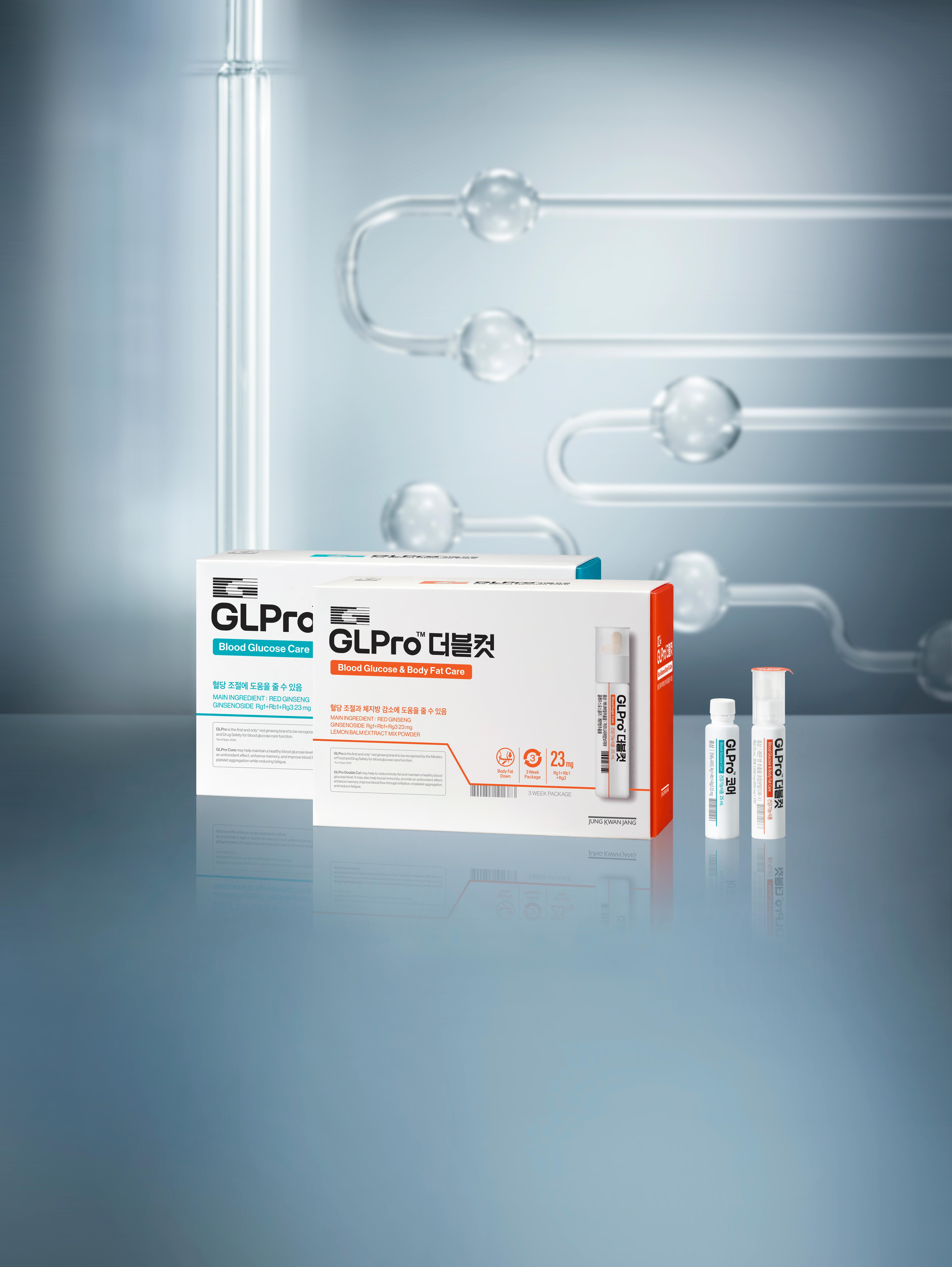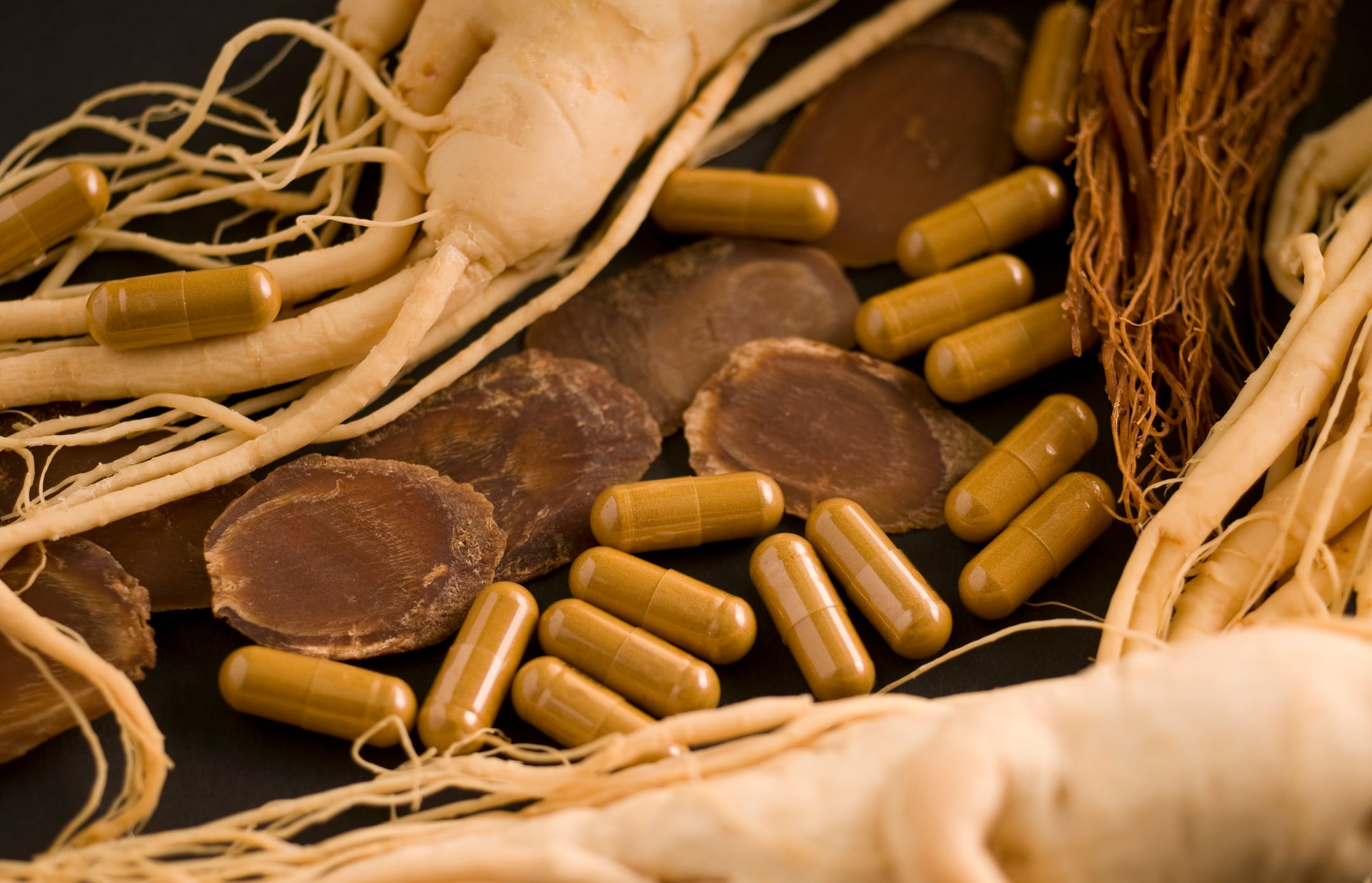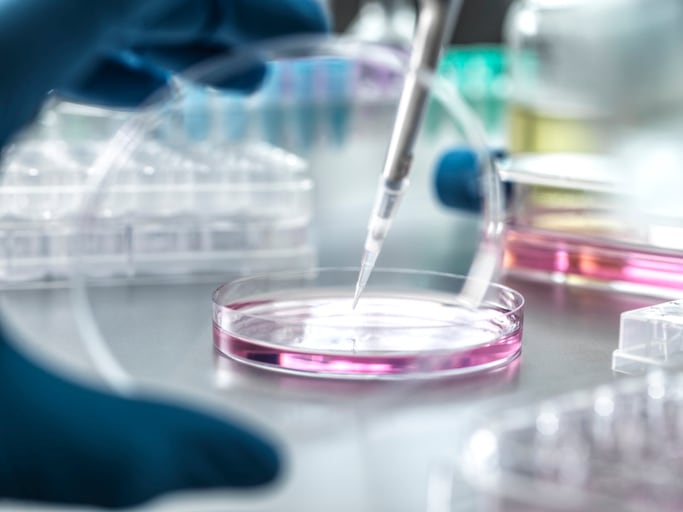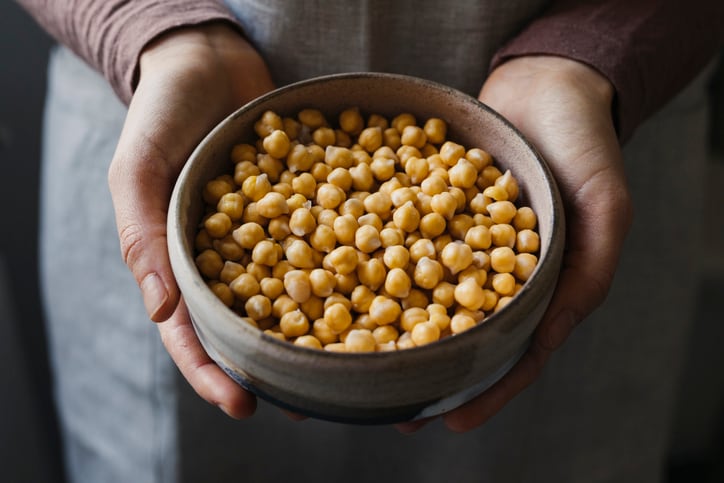This is according to the findings of a 12-week randomised placebo-controlled double-blind trial funded by Korea Ginseng Corporation (KGC).
Using the findings, the company has earlier received approval from South Korea’s Ministry of Food and Drug Safety (MFDS) in making blood sugar control claims for its newly launched health functional foods containing red ginseng.

The company revealed to NutraIngredients-Asia that findings of the trial supporting its application for making functional claims have been published on Medicine.
One of the key findings was that fasting blood glucose, post-meal blood glucose, as well as glycated haemoglobin or HbA1c levels were significantly reduced in the intervention group as compared to the placebo group.
The trial, conducted by the Natural Product Efficacy Research Lab at KGC Ginseng Corporation’s R&D Center, involved 98 pre-diabetic adults aged 40 and older.
The participants had either impaired fasting or post-meal glucose levels.
They were randomised to taking two tablets containing 500mg of red ginseng extract powder or the placebo tablets daily for 12 weeks.
They were assessed for glycaemic control parameters, such as fasting blood glucose levels, 30-, 60-, 90-, and 120-min blood glucose levels on an oral glucose tolerance test, Hb1Ac levels.
Their insulin resistance and hormone parameters, such as glucagon, adiponectin and glucagon-like peptide-1 (GLP-1) levels were also measured before and after the trial.
Findings showed that fasting blood glucose had significantly dropped by 9.07 per cent - from the baseline value of 107.55 ± 6.64 mg/dL to 100.90 ± 9.46 mg/dL in the intervention group.
In contrast, fasting blood glucose had increased from the baseline of 106.45 ± 4.80 mg/dL to 107.31 ± 7.62 mg/dL in the placebo group.
A similar trend was also seen in the post-meal blood glucose levels.
Throughout the trial, the intervention group’s blood glucose levels 30 minutes after meal had decreased consistently from the baseline of 173.51 ± 25.34 mg/dL to 168.65 ± 20.70 mg/dL at week six, and further down to 160.00 ± 19.49 mg/dL by week 12.
In contrast, this has increased consistently for the placebo group - up from the baseline of 168.20 ± 17.56 mg/dL to 173.92 ± 27.01mg/dL at week six, and further increased to 175.96 ± 26.68mg/dL by week 12.
“Postprandial blood glucose levels peaked between 30 minutes and 1 hour after eating. In the red ginseng group, blood sugar levels started decreasing earlier, and glucose AUC (area under the blood glucose curve from 0 to 120 minutes after eating) was significantly reduced by 7.4 per cent as compared to the placebo group,” the company highlighted.
GLP-1 levels raised
At the same time, the trial reported an increase in GLP-1 levels in the group taking red ginseng.
GLP-1 levels have increased steadily in the intervention group from the baseline of 26.62 ± 1.44 pM to 30.38 ± 1.55 pM, but had dropped from 29.83 ± 1.36 pM to 27.65 ± 1.44 pM in the placebo group throughout the trial.
In particular, GLP-1 levels in the intervention group was 9.9 per cent higher in the intervention group as compared to the placebo group by week 12.
An appetite regulating hormone, GLP-1 is crucial for appetite control and blood sugar regulation.
An increase in GLP-1 is thus a finding of interest - especially against the backdrop of endorsement from high profile Hollywood celebrities taking GLP-1 medications - typically taken by diabetics for blood sugar control - for weight loss.
Aside from GLP-1, a similar trend was also seen in adiponectin, a hormone that promotes fat burning.
In the intervention group, adiponectin levels had increased significant but were on a steady decline in the placebo group.
The levels of glucagon, a hormone that raises blood sugar levels and counteracts insulin, had also significantly decreased in the intervention group but went up in the placebo group.
Improvements in insulin resistance
On top of regulating blood-sugar related hormones and blood sugar levels, red ginseng has also improved insulin resistance significantly.
For instance, insulin resistance, as measured by HOMA-IR, had decreased by 22.8 per cent in the intervention group as compared to the placebo.
Insulinogenic Index (IGI), an indicator of insulin secretion capacity, was also 45.6 per cent higher in the intervention group.
Lastly, c-peptide levels, a marker of insulin secretion, were 12.1 per cent lower in the intervention group. This indicates an improvement in insulin overproduction caused by insulin resistance.
“Based on the current results, it can be concluded that RGEP might be effective in achieving glycemic control in prediabetic Korean adults. But this warrants further large-scale, multicenter, prospective, randomised, controlled studies,” the researchers said.
They added that the anti-hyperglycemic effects of red ginseng extract have been well described in the literature and could have arose from its anti-inflammatory and anti-oxidative properties.
“It has been used as a complementary and alternative medicine for better glycaemic control among patients with type II diabetes mellitus,” they said.
NPD
Tapping on the findings, KGC plans to further its R&D on the use of red ginseng for blood sugar control.
“This study scientifically confirms that consuming red ginseng can safely and effectively regulate blood sugar in individuals with prediabetes without adverse reactions.
“Moving forward, we will continue to conduct innovative R&D research on the efficacy, mechanisms, and safety of red ginseng in blood sugar control,” said Dr. Seung-Ho Lee, director of the Natural Product Efficacy Research Lab at Korea Ginseng Corporation’s R&D Center.
Source: Medicine
Efficacy and safety of red ginseng extract powder (KGC05pg) in achieving glycemic control in prediabetic Korean adults: A 12-week, single-center, randomized, double-blind, parallel-group, placebo-controlled study
DOI: 10.1097/MD.0000000000041130
Authors: Jeong Y, Lee SH, Shim SL, Jang KH, Kim JH.





